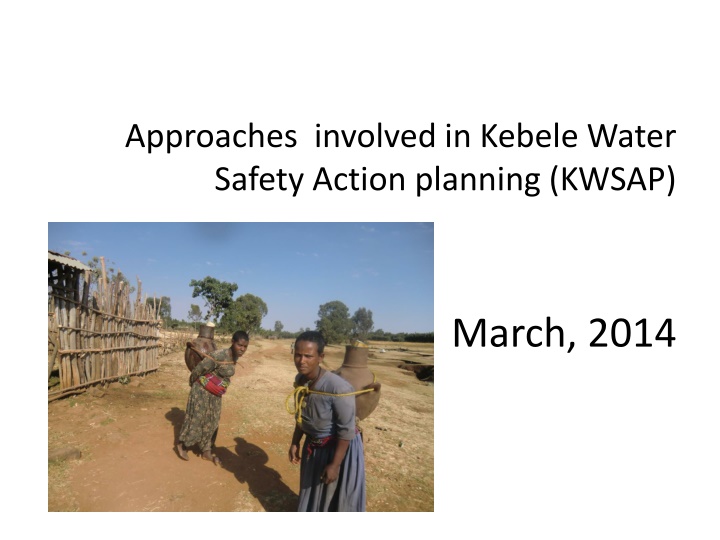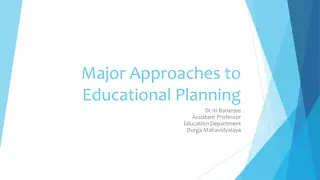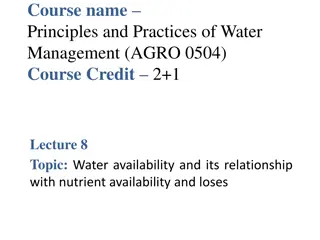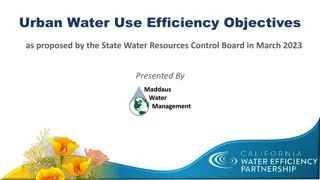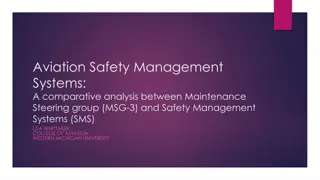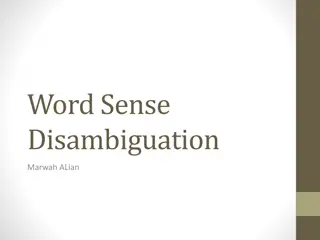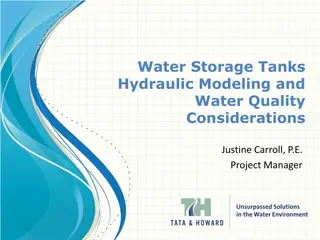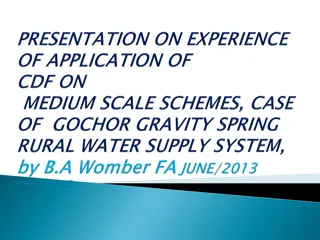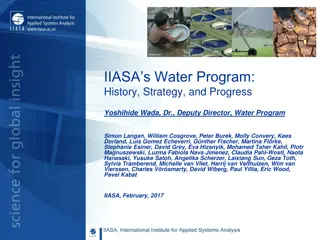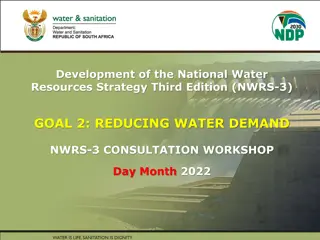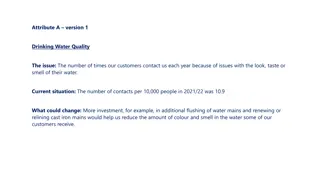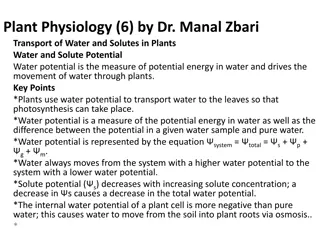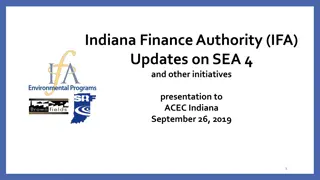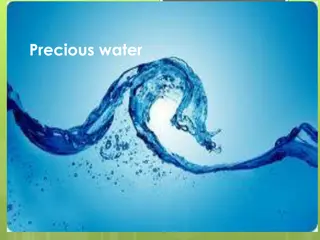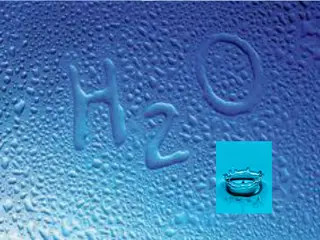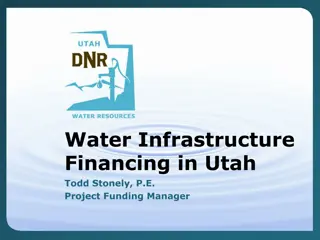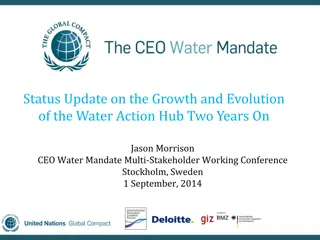Approaches Involved in Kebele Water Safety Action Planning (KWSAP) - March 2014
The Kebele Water Safety Action Planning (KWSAP) initiative in Ethiopia's Amhara region aimed to enhance WASH performance by implementing a water safety plan approach. Key steps included training sessions, workshops, collaboration with stakeholders like WWT and KWT, risk assessments, action planning, and community involvement. The project emphasized problem-based guided self-learning and involved the use of materials like GLOWS modules and power point posters to address water quality, safety risks, and improvement action plans for different technologies.
Download Presentation

Please find below an Image/Link to download the presentation.
The content on the website is provided AS IS for your information and personal use only. It may not be sold, licensed, or shared on other websites without obtaining consent from the author.If you encounter any issues during the download, it is possible that the publisher has removed the file from their server.
You are allowed to download the files provided on this website for personal or commercial use, subject to the condition that they are used lawfully. All files are the property of their respective owners.
The content on the website is provided AS IS for your information and personal use only. It may not be sold, licensed, or shared on other websites without obtaining consent from the author.
E N D
Presentation Transcript
Approaches involved in Kebele Water Safety Action planning (KWSAP) March, 2014
Overview of the KWSAP Geographical coverage: Amhara region, West Gojjam Zone, Yilmana Densa Wereda, Debremawi Kebele,Quyo Micro Watershed Duration: From Dec. 16, 2013 Feb. 28, 2014 Goal: to contribute to improving WASH performance by introducing a water safety plan approach which includes problem based guided self learning at the place of work to wereda staffs.
Materials Used 1. GLOWS Module 2. Six power point based posters (2 of them translated to Amharic) that focus on: The role of WASHCOs in water supply and maintenance Introduction of water quality and safety risks Risk assessment and possible improvement action plans for three types of technologies The link between WASHCO water safety plans and use of community investment funds (CIF)
Main steps taken 1. Participants for the ToT training were selected. (5 woreda experts: from water resource, health and agriculture offices), 5 RSU technical Staffs, 2 Regional Water quality experts and 1 Zonal water department water quality expert. 2. Four days kick off workshop was convened to i) introduce participants about KWSAP, ii) how to use the training materials, iii) brief them on what is expected from them.
Contd 3.Participants worked with the GLOWS module (review, questions and answers, exercises). 4. WWT was briefed about KWSAP. (they appreciated the idea and realized the importance and promised to extend their support and identified micro watershed for implementation) 5. KWT received introduction about KWSAP. (Appreciated the idea and realized the importance and promised to extend their support). Together with KWT the pilot micro watershed was delineated and community map was developed, WASHCO representatives were identified, and date was fixed for next meeting.
Contd 6. An informal Kebele water safety action plan team was formed (KWT and representatives of WASHCOs) and briefed on KWSAP and the approach was discussed (using the Amharic training materials, 7. WASH risk assessments for each water point was made by participants of the TOT together with WASHCOs and members KWT. 8.Results of the assessments were discussed and compiled by TOT participants.
Contd 9 . Brief assessment reports were presented to WASHCOs for validation. 10. Action plans for each water point were prepared by WASHCOs with support/facilitation of TOT participants. 11. Setup Kebele/micro watershed Water safety Action Plan team, and this team developed an overall action plan for all water points in the micro watershed. 12. Workshop was organized in Bahar Dar to review draft assessment report and action plan (discussion and feedback).
Contd 13. WASH risk re-assessment was made for each water point based on the feedback, and assessment report was produced. 14. Presented the report to WASHCOs for validation and action plans were developed for each water point, accordingly. 15. Re-assessment report and action plans for each water point was presented to Kebele/Micro watershed Water safety Action Plan team and KWSAP team developed their action plan. 16. Final action plan was presented to WWT.
Way Forward KWSAP team will follow up the implementation of the action plan Trainees together with Wereda (especially water office) and COWASH will monitor the progress of the KWSAP team implementation. Scale up the implementation.
